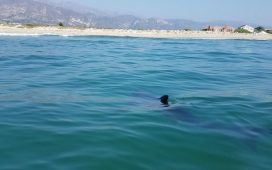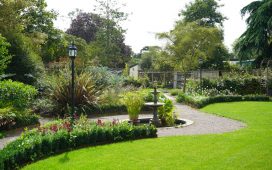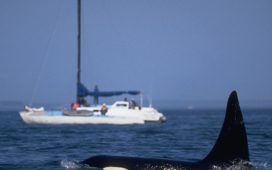Sir David Amess, who has died aged 69 after being stabbed while holding a constituents’ surgery at a church in Leigh-on-Sea, was the Conservative MP for Southend West in Essex. Though he spent more than half his life in the Commons without ever attaining ministerial office, the likelihood is that he would not have wanted it any other way.
He devoted his career to the promotion of his constituencies – first Basildon, then from 1997 Southend West – and to dealing with their voters’ concerns. He had a high local profile and was always willing to meet constituents, advertising his regular weekly surgeries in advance.
Amess espoused a number of rightwing causes. A long-standing Eurosceptic and committed Brexiter, he was also opposed to abortion and gay marriage and in favour of capital punishment. Some of those concerns were guided by his Roman Catholic faith: it was also what contributed to his more recent opposition to the government’s decision to cut overseas aid. His devotion to animal welfare led to him becoming one of the few Tories to support the abolition of fox hunting and hare coursing.

His manner was genial, friendly and lacking in rancour or conceit, and he had friends on all sides of the House of Commons. When he stood up – as he often did – to call for Southend-on-Sea to be made a city, the laughter at his local boosterism was essentially good-natured. His boyish appearance changed little over four decades at Westminster and his naivety led to his once falling prey to a stunt by the satirical television series Brass Eye that persuaded him to speak out on the evils of “cake”, a supposedly dangerous drug rather than a teatime staple.
Yet he was not a regular rent-a-mouth headline grabber for the national media. He wrote a weekly column for one of his local papers, and was particularly chuffed by the headline “Pope Francis meets David Amess” after he had stood in line with thousands of others at a Vatican audience. But he was also a serious politician who achieved the rare feat of piloting two private members’ bills into law: one on animal welfare – the Protection Against Cruel Tethering Act (1988) – and the other requiring the government to implement policies reducing fuel poverty – the Warm Homes and Energy Conservation Act (2000) – a cause taken up following the death of one of his constituents from hypothermia.
Born in Plaistow, on the fringes of the East End of London, David was the son of Maud (nee Martin), a devoutly Catholic dressmaker, who lived to the age of 104, and her husband, James, an electrician, and grew up in a terrace house without a bathroom or inside toilet. As a child he developed a speech impediment, prolonged therapy eventually curing his stammer and removing most traces of a cockney accent.
From St Bonaventure’s grammar school in Forest Gate he went to the then Bournemouth College of Technology and took a degree in economics, specialising in government. He became briefly a special needs teacher at a junior school in Bethnal Green before becoming a junior insurance underwriter (1974-76) and then a personnel recruitment consultant.

His interest in politics had apparently started at school, where he stood in a mock general election for the Revolutionist party (key demands: minimum pocket money and abolition of homework) but by early adulthood he had joined the Conservatives.
He contested the safely Labour Newham North West in 1979, was elected to Redbridge council in 1982 and narrowly won Basildon in Margaret Thatcher’s post-Falklands landslide in 1983. The seat in suburban Essex was regarded as a bellwether, swinging between Tories and Labour: one of the most memorable television sights on election night 1992 was the wide grin breaking on Amess’s face as he was declared the winner by 1,400 votes. It was an early sign that the Tories would beat off Neil Kinnock’s challenge. “If we’ve won Basildon, we’ve won the election,” the prime minister, John Major, immediately told his wife.
Redistribution of the constituency’s boundaries nevertheless meant that Amess sought a new seat before the next election, moving to Southend West, which had been previously held by successive generations of the Channon family – first Sir Henry “Chips” Channon and then his son, the former cabinet minister Paul – since Henry was elected for the undivided Southend constituency in 1935.
In the Commons, Amess was a loyal supporter first of his heroine, Thatcher, then successive leaders after her except where Brexit came into play. He served as parliamentary private secretary to Michael Portillo for 10 years, following him as he moved through the ministerial ranks, from health, to transport, the environment, the Treasury and defence.
However, much of his career was spent on committees and on sometimes solitary campaigns for improved health treatment for sufferers from arthritis, asthma and other conditions. Over the last three years he supported improved treatment for endometriosis, a cause he took up after meeting a constituent at one of his surgeries, and he recently supported a plan to erect a memorial to Vera Lynn on the white cliffs of Dover. He was knighted in 2015.
In 1983 he married Julia Arnold. She and the couple’s son and four daughters survive him.






